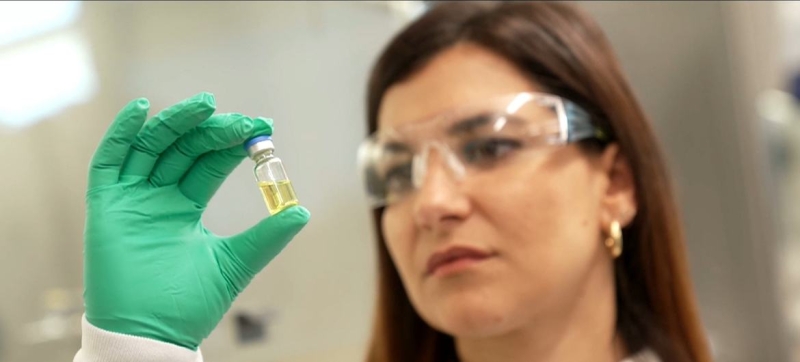
Between 2022 and 2024, resistance to the key drugs used to treat gonorrhea, ceftriaxone and cefixime, increased severalfold. WHO warns: gonorrhea increasingly shows resistance to antibiotics Healthcare
The World Health Organization (WHO) warned on Wednesday that gonorrhea, one of the world’s most common sexually transmitted infections, is increasingly showing resistance to antibiotics. New data from the global EGASP program shows that conventional treatments are losing effectiveness, and the infection is spreading faster and wider.
Growth of resistance and geography of the problem
Between 2022 and 2024, resistance to key drugs for the treatment of gonorrhea – ceftriaxone and cefixime – increased several times. If earlier we were talking about isolated cases, now the figures have reached five and 11 percent, respectively. Particularly alarming data comes from Cambodia and Vietnam, where the highest levels of resistance are recorded.
Global cooperation and new challenges
WHO emphasizes that the increase in the number of countries participating in the EGASP program in recent years is a positive step. This international initiative, launched by WHO in 2015, collects laboratory and clinical data from reference centers around the world for global analysis and development of treatment recommendations.
In 2024, 12 countries have provided their national data, including Brazil, India, South Africa and Sweden. More than three and a half thousand cases of gonorrhea infection were reported in these countries, with half of them occurring in countries of the Western Pacific region.
Who is at risk
The average age of patients was 27 years, but the range varied from teenagers to the elderly. One in five cases involved men who have sex with men, and nearly half of patients reported multiple sexual partners in the past month. Additional risk factors include recent use of antibiotics and travel abroad.
Why it matters
WHO warns that if antibiotic resistance continues to rise, the world could face a situation where conventional treatments no longer work. This will make gonorrhea one of the most dangerous infections of the 21st century. The organization calls on countries to strengthen surveillance, develop diagnostics and provide access to new therapies to stop the spread of the disease.
